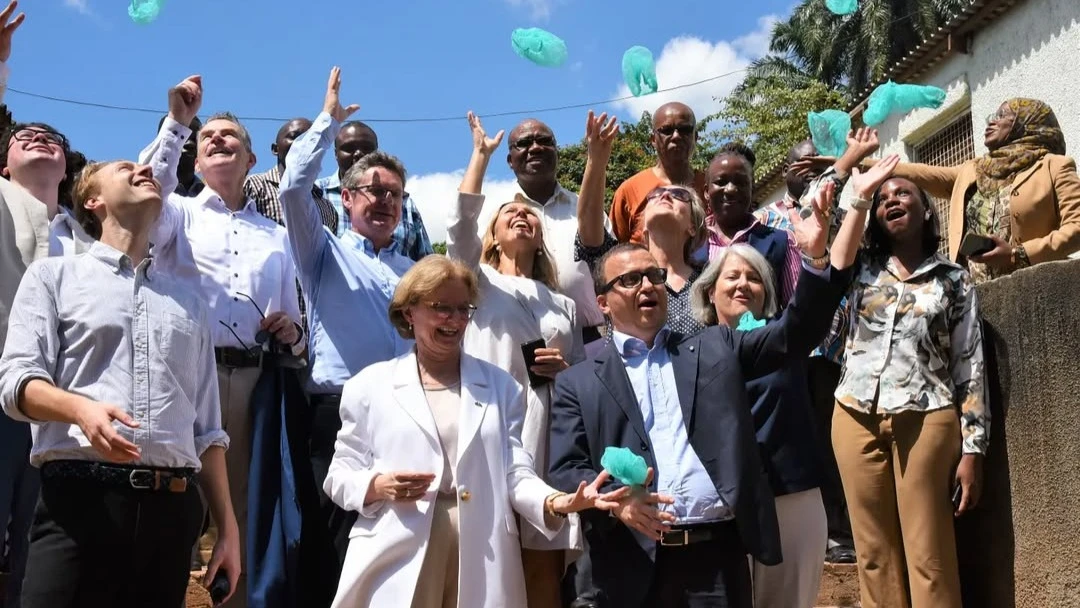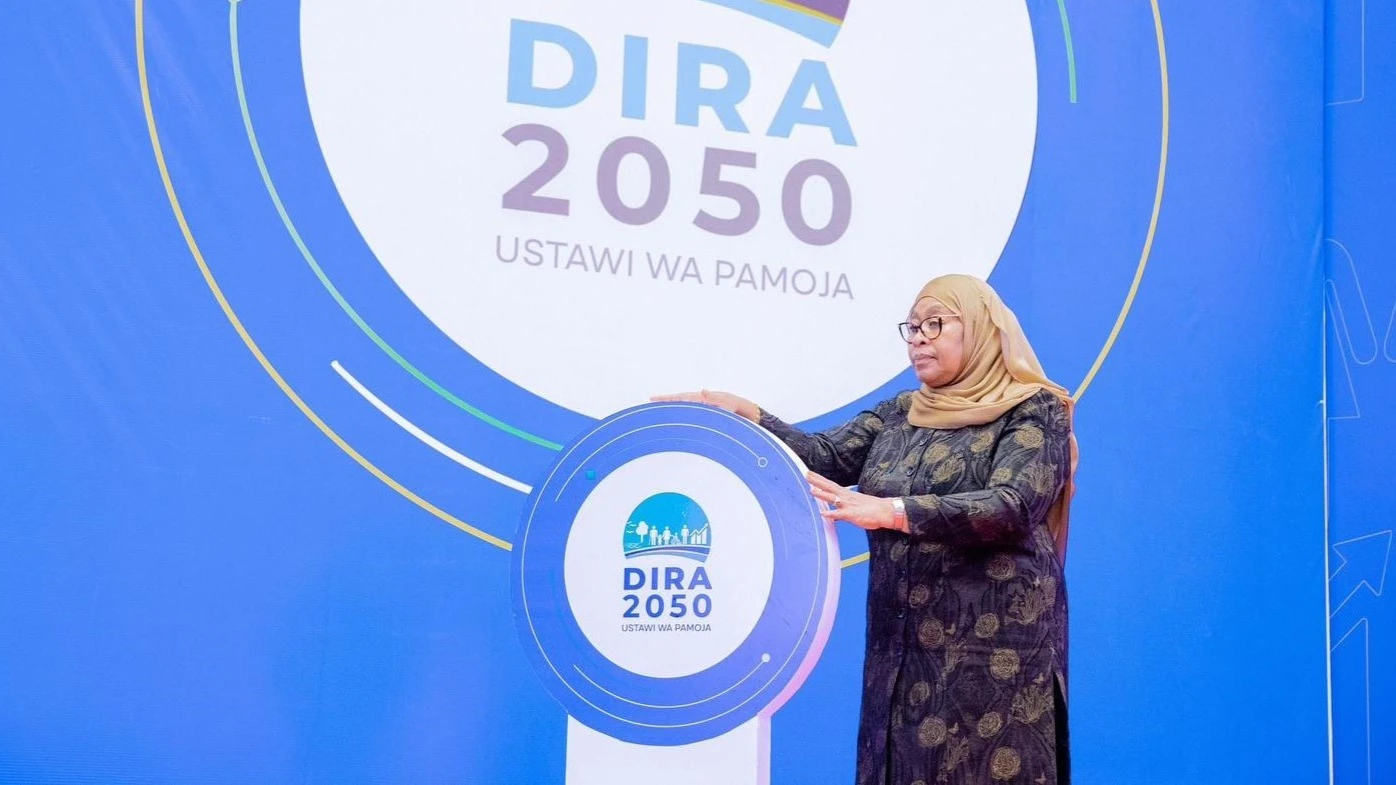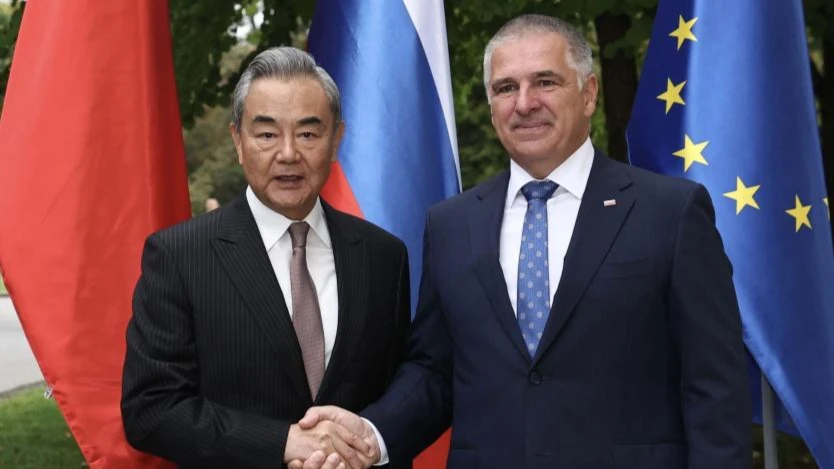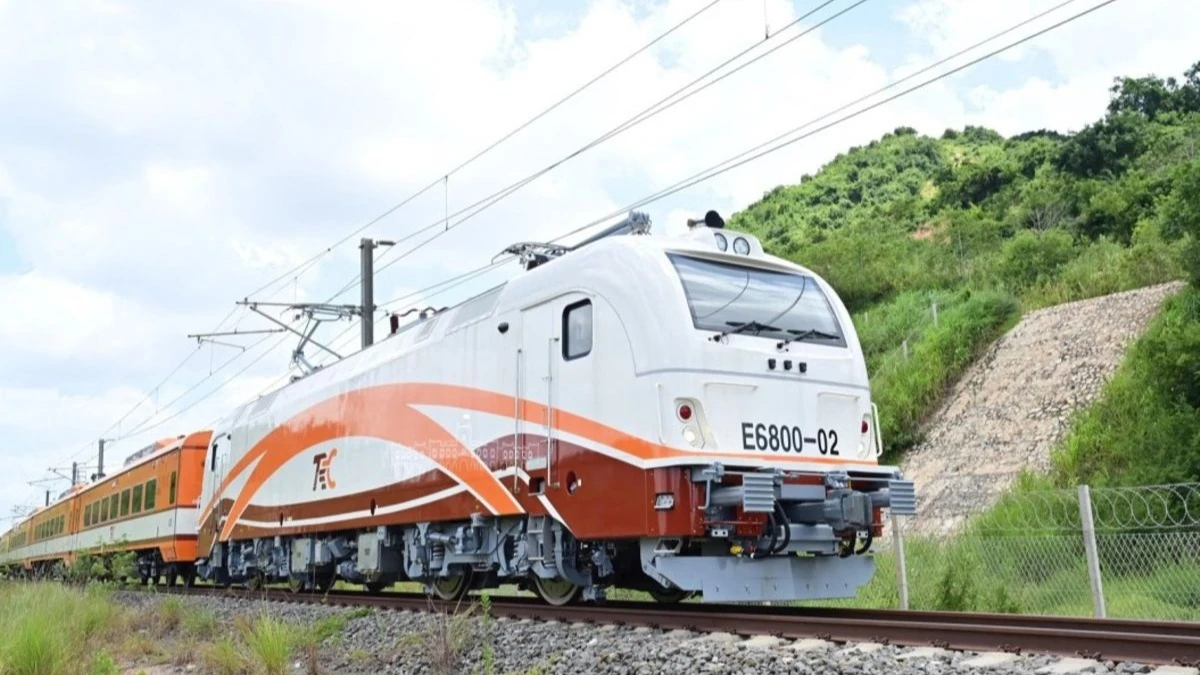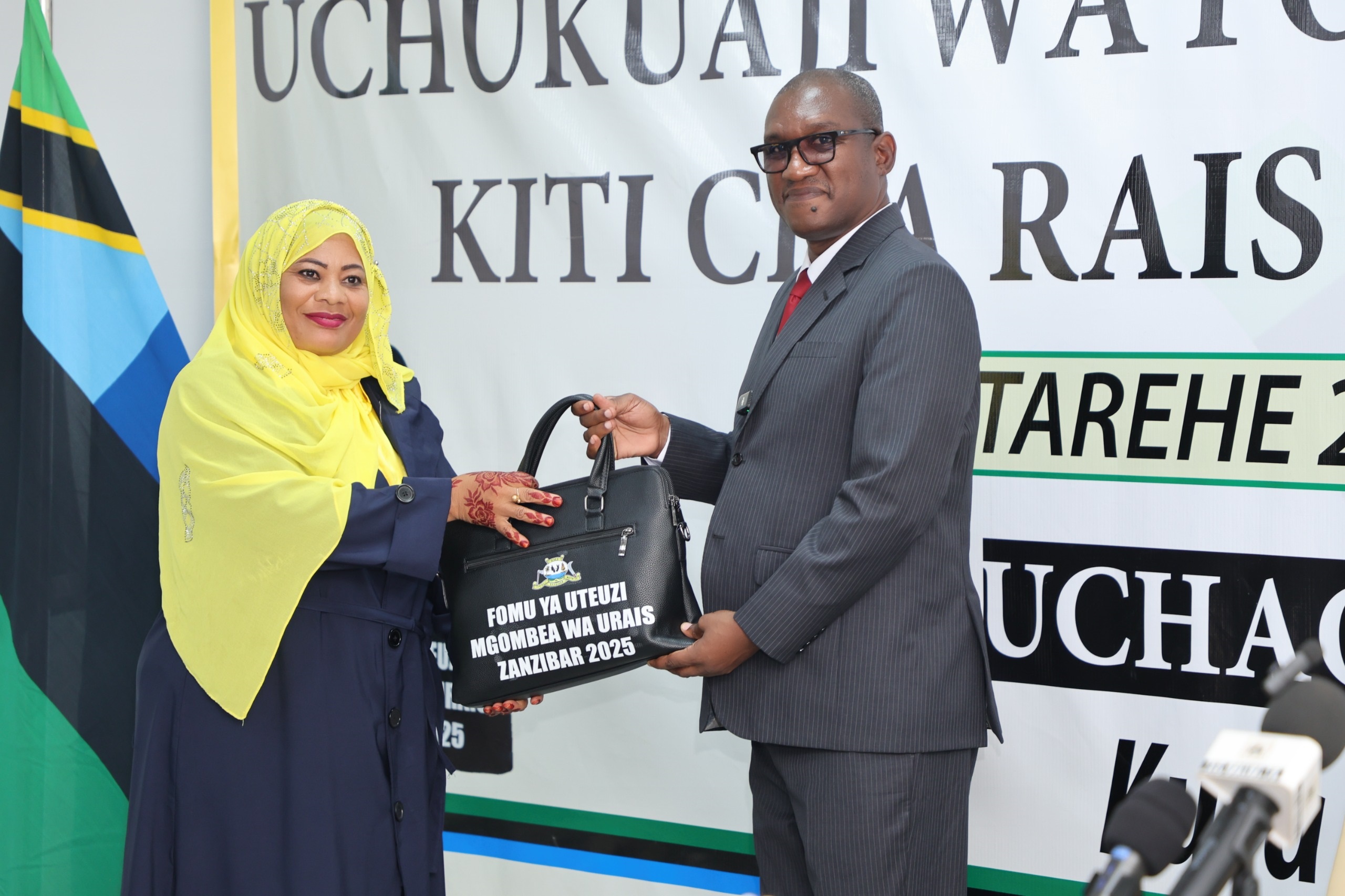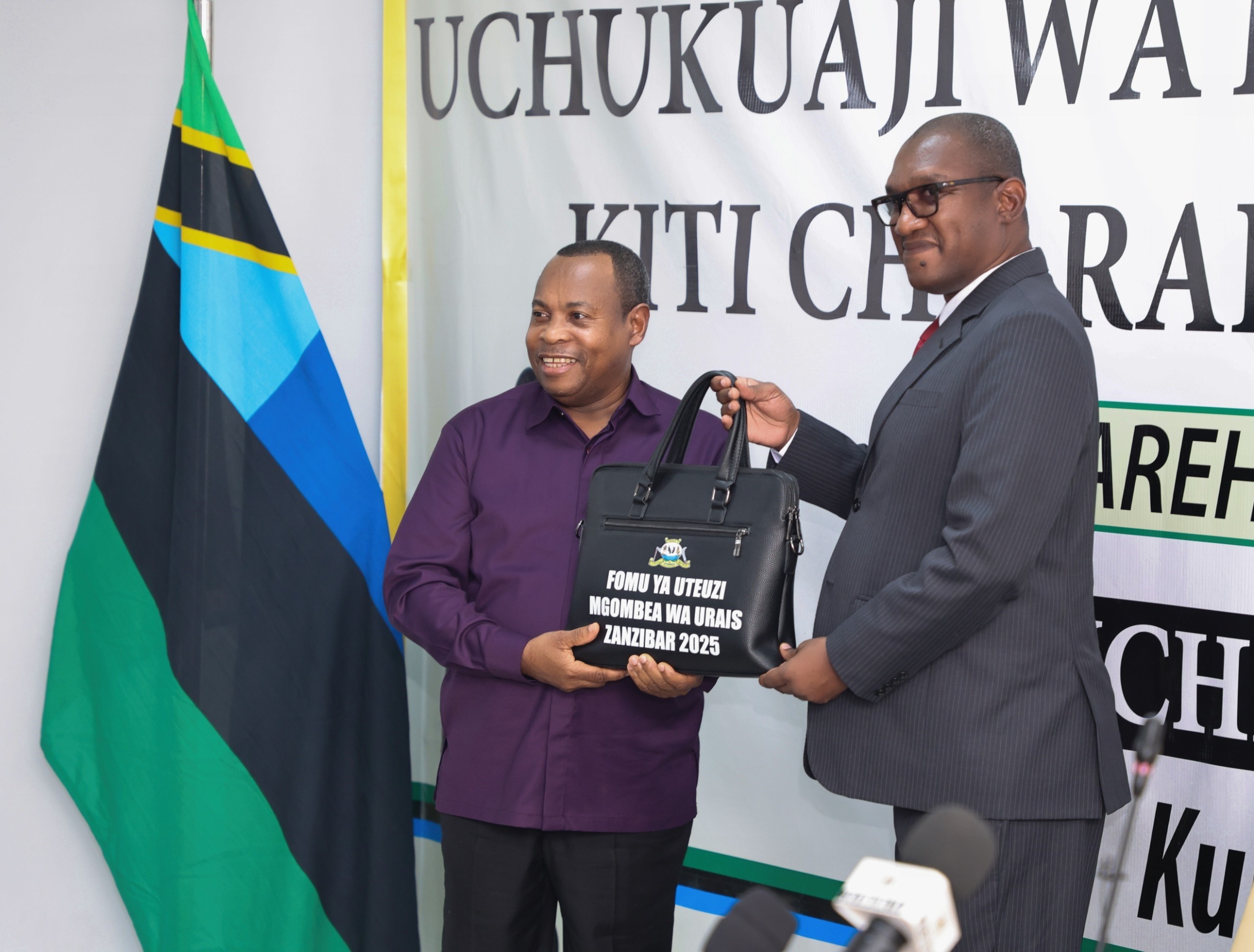Supplier development graduation backs Tanzania Vision 2025
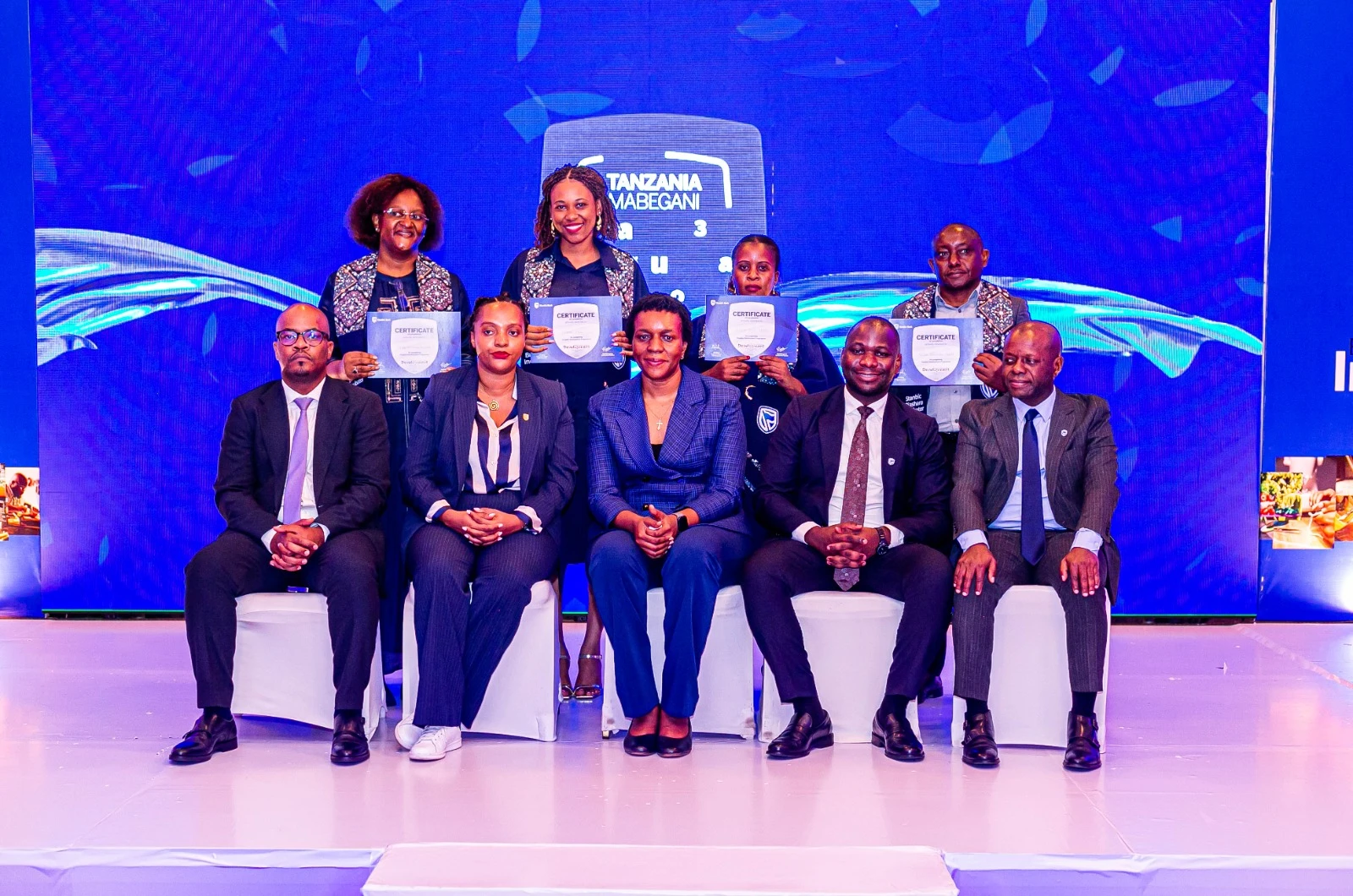
Tanzania’s ambition to industrialise and grow into a trillion-dollar economy by 2050 took a step forward at the Biashara Summit in Dar es Salaam, where more than 186 entrepreneurs graduated from the Supplier Development Programme (SDP).
The programme, delivered by Stanbic Bank’s Biashara Incubator in partnership with the Global Alliance for Improved Nutrition (GAIN), was hailed as a model for building competitive enterprises that support both economic growth and social well-being.
Hon. Blandina Kilama, Deputy Executive Secretary of the Planning Commission, used the graduation to stress that SMEs are central to the country’s development vision. “Let’s not call it luck; let’s call it preparation, opportunity meets the prepared,” she told graduates, emphasising that compliance with standards, taxation, and social funds is the foundation for long-term growth. She urged entrepreneurs to climb the “finance ladder,” moving from microfinance into SME and corporate banking, and ultimately to development finance institutions (DFIs) for larger investment capital.
The government’s message was clear: local enterprises must formalise, innovate, and compete if Tanzania is to achieve Vision 2025 goals and take full advantage of opportunities under the African Continental Free Trade Area (AfCFTA).
GAIN’s role in the programme underscored the importance of nutrition-sensitive enterprise in Tanzania’s development model. Fifty women-led agribusinesses received specialised training and mentorship in food processing, packaging, and safety. Many are now pursuing Tanzania Bureau of Standards (TBS) certification. Dr. Winfrida Mayila of GAIN noted that more than 90 per cent of the mentored businesses improved their product quality and safety. “These businesses are not just creating income; they are creating jobs, confidence, and networks,” she said.
A panel of government and private-sector leaders reinforced the urgency of strengthening local content. Ambassador Mindy from the Ministry of Foreign Affairs pointed to Tanzania’s strategic location in East Africa. “We’re strategically positioned—let’s use the EAC and AfCFTA to turn our location into market access,” she said. TPSF CEO Raphael Maganga added that local suppliers are the anchor of growth, noting that 70–75 per cent of operating costs go into procurement. “That’s where local content changes lives,” he said.
For Stanbic Bank, the Biashara Summit was more than an event—it was the launch of a new annual platform for enterprise development and policy dialogue. As the bank marks 30 years in Tanzania, its Biashara Incubator stands as proof of long-term commitment to empowering SMEs with the tools, mentorship, and networks they need to thrive. The partnership with GAIN demonstrates how enterprise development can serve both national economic priorities and public health goals.
Top Headlines
© 2025 IPPMEDIA.COM. ALL RIGHTS RESERVED








